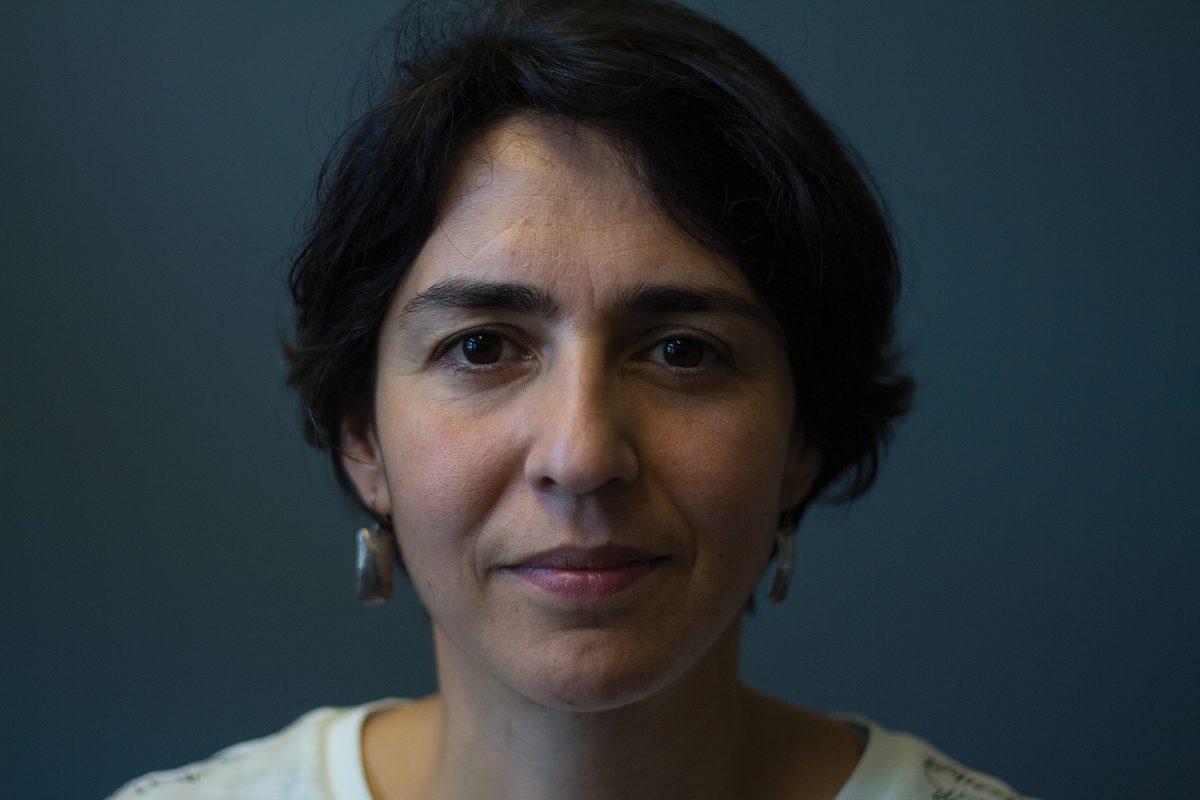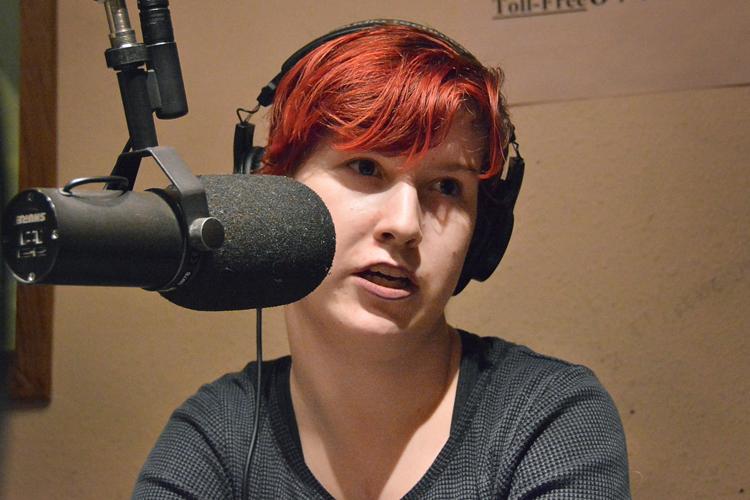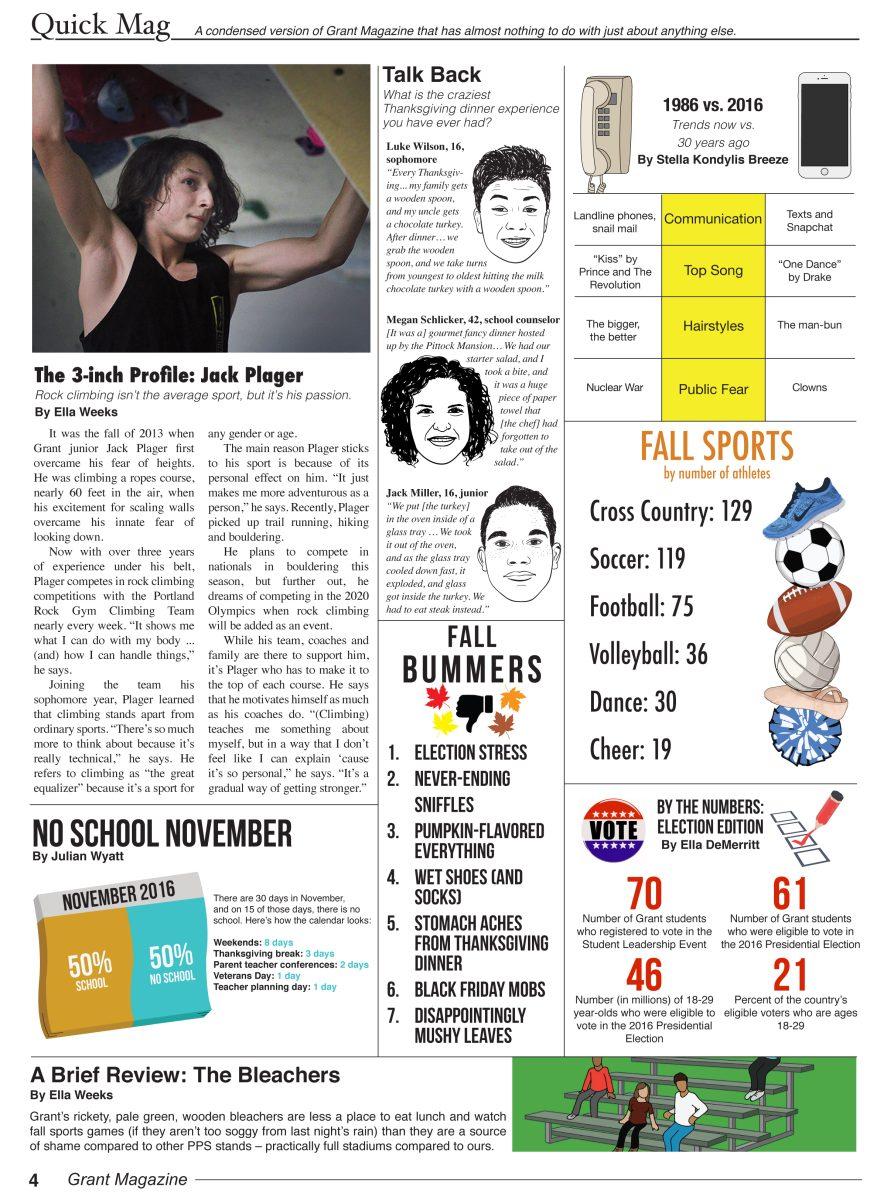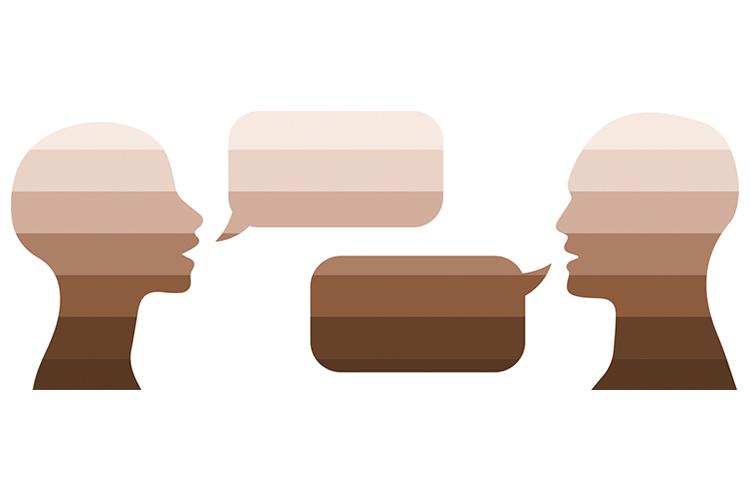 On a recent Friday, while my friends participate in after-school sports, hang out with friends or do homework, I run straight home to the chaos of a Jewish home.
On a recent Friday, while my friends participate in after-school sports, hang out with friends or do homework, I run straight home to the chaos of a Jewish home.
This was on full display recently when we celebrated the holy day Yom Kippur that takes place in the fall. I remember taking just five steps into my living room and smelling the roasting chicken, vegetables and cinnamon from the customary Rugelach pastry.
An hour later, my mom, dad, sister and I sit down to enjoy our last meal before the fast while reflecting on the past year.
Everything comes to a halt at 6:31, the minute the sun has set. I change into an all-white, long-sleeve knee-length dress, comb my hair and wash my face to emulate the ministering of angels before leaving for services.
I’m one of a small number of Jews in Portland who celebrate Yom Kippur. For 25 hours, we extract ourselves from normal American society, which sometimes lacks inner reflection and instead emphasizes immediate gratification and a reliance on electronics.
Recently, I have started to be more observant, and it has reminded me that being a practicing Jew is difficult. My friends don’t understand why I miss school to pray on holidays. Each time I turn down invitations to hang out, I remove myself from secular society. Generations before me have gone through a similar struggle of maintaining their Jewish identity and values.
I wonder what will happen to my religion in the future when younger generations like myself are struggling to keep their faith.
Portland has about 50,000 Jews, only some of whom are observant. Through my 12 years of public school in Portland, I’ve never known many Jewish students. My secular friends aren’t always aware of the meaning behind my observance.
My own observance has gone through a transition. As a kid, I went to Sunday school to learn Hebrew, went to synagogue a couple times a month and had a bat-mitzvah when I turned 13. But I never observed shabbat (the Jewish sabbath), and I never restrained myself from the attraction of social media or TV.
But 6 years ago, I began to question why we didn’t keep kosher – a strict following of the set of Jewish dietary laws – in my house. When I was 13, I took matters into my own hands and started eating kosher. It took time before it was natural for my parents to help prepare meals for me that were kosher.
Recently, I decided to observe shabbat, the day of rest when people refrain from electronics, working and driving. I wanted to participate in weekly family shabbat dinners. Restraining from late hangouts with friends and watching TV and football was a hard pill to swallow, but I was determined to do it.
As I became more observant in my religion, my friends were confused that I stayed off my phone for 24 hours and wondered why I couldn’t hang out on Saturday mornings due to prayer.
Through my transition, I have taken note of the difficulties observant Jews face. There’s a new wave of electronic devices and technology at hand, and it’s hard to distance ourselves from them. Friday night is a time to go out and be social, but for observant Jews, it’s the day we slow down and reflect on the past week.
Other American ideals and practices veer from Jewish values that we continue to observe. In America, there’s one day out of the year where we make resolutions for the upcoming year and only one day devoted to being thankful.
My faith teaches me to look at think things differently. I wake up and say the prayer, “Modeh Ani,” which acknowledges gratitude that God has given us back our soul to live another day. During the high holy days of Rosh Hashanah, I ask myself: “What am I proud of this year? What do I want to do better this coming year?”
It’s also difficult to be observant in a society that is not closely tied to my religion. About 22 percent of Jewish adults in America now identify as “Jews of no religion” – Jewish born adults who no longer practice; and there’s a new high for Jews who marry outside of the religion (58 percent).
It’s clear that many Jews find it difficult to observe and practice the religion as previous generations did. It makes me question if I will someday become a “Jew of no religion.”
Just a few weeks ago, I sat in my synagogue listening to the blasts of the Shofar that signal the end of the fast on Yom Kippur. My heart beat a little faster because of the anticipation for the new year.
My friends were probably at home watching Netflix or writing an essay, but I sat aware of that moment, away from electronics and American customs.
Our changing society makes me wonder if things will be different. I wonder where I will be on the spectrum of observance in the future. I wonder what will happen to my fellow Jews and my family. I wonder if my Hebrew name will soon be one of the past. ◆






































